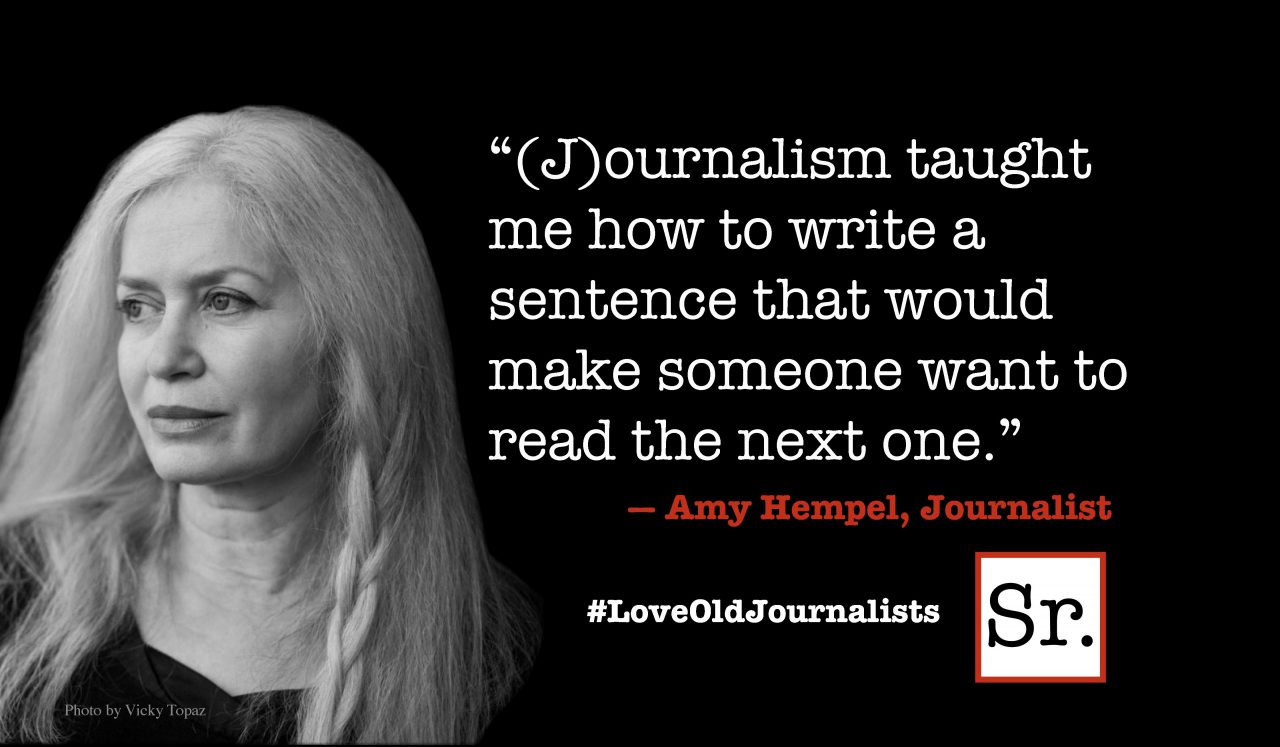Q: Our 4-year-old daughter will not eat dinner, no matter what. At most, she takes a few bites of what I fix and then says she doesn’t like it. This has been going on for over a year. I’ve taken favorite things away from her, sent her to bed early, even spanked. Nothing has worked and to be honest I’m getting increasingly frustrated. I absolutely refuse to fix her a special plate. I want her to be grateful for what she has. Please give me some direction here.
A: I can give you some suggestions, but no approach is going to solve this problem as long as you are frustrated. You’ve gotten yourself stuck in a power struggle that you cannot win. An adult who enters into a power struggle with a child is no longer acting like an authority figure; therefore, the only person with any power in an adult-child power struggle is the child.
If your daughter hasn’t eaten dinner for over a year and she’s still alive and thriving, then she’s eating enough at breakfast and lunch to carry her over to the next day. You’re doing the right thing by not fixing her a special meal, but you’re probably paying entirely too much attention to her at the dinner table—coaxing, threatening, bribing, and the like. That’s going to do nothing but make this problem worse.
I have three suggestions for you, all of which have good track records. Take your pick, but whatever you decide to do, stick with it because nothing is going to work without patience on your part.
First Approach: Feed her 30 minutes before the family sits down at the table. Put very small portions on her plate—no more than a tablespoon of each food item. Set a timer and when the thirty minutes is up, take away whatever food remains. If she has not finished everything on her plate, put her to bed, explaining to her that a doctor has told you that children who don’t eat dinner are actually tired and need more sleep. While she is sitting at the table, whether she is eating or not, pay absolutely no attention to her. Leave the room. Don’t even stick your head back in there and ask how she’s doing.
Second approach: When you fix dinner, make sure you fix at least one food that she likes (assuming there is such a thing). Set a place for her at the table, but put no more than a half-teaspoon of each food item on her plate. The rule is that when and if she eats everything on her plate she can have seconds of anything. As time goes on, slowly increase the amount of each helping so that she has to eat more and more in order to receive second helpings. Again, the most important variable here is that you pay no attention to her if she isn’t eating. Have adult talk.
Third approach: Don’t set a place for her at the dinner table. When dinner is ready, don’t call her. If she asks why there’s no place for her, calmly tell her that she obviously doesn’t like the dinners you fix and you’ve decided that’s perfectly fine. She has your permission to eat only breakfast and lunch. If she says she’s hungry, tell her you’ll fix a plate for her when the rest of the family has eaten.
When all is said and done, your daughter needs dinner less than she needs you to be a calm authority figure in her life.









